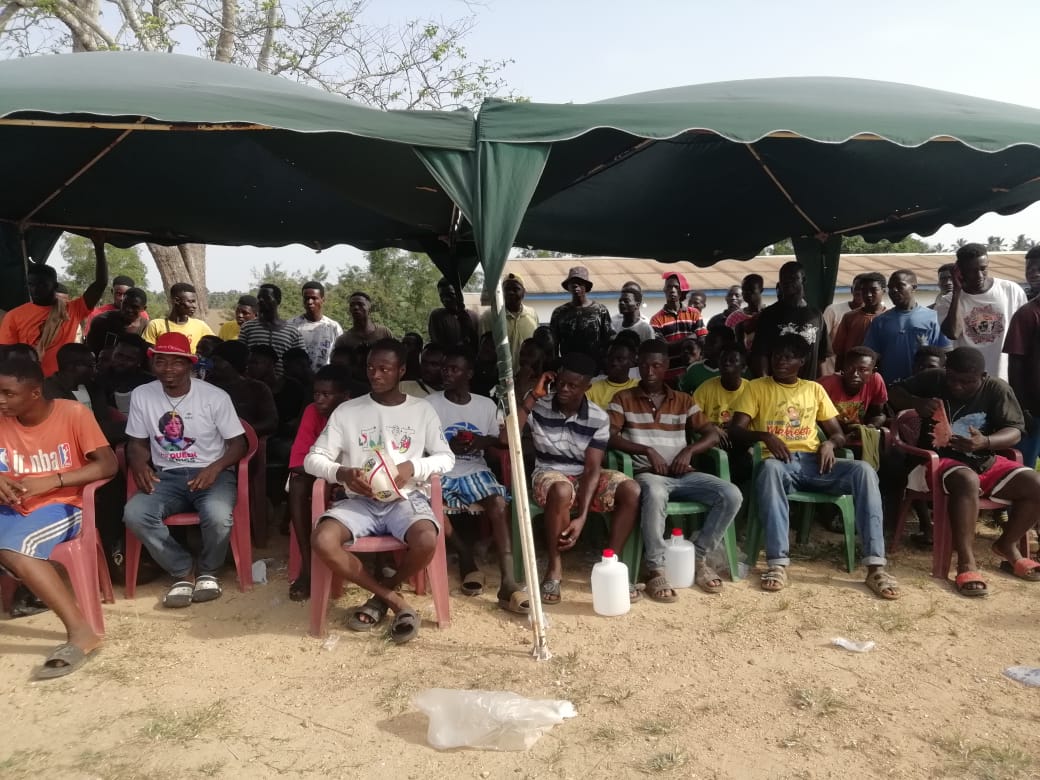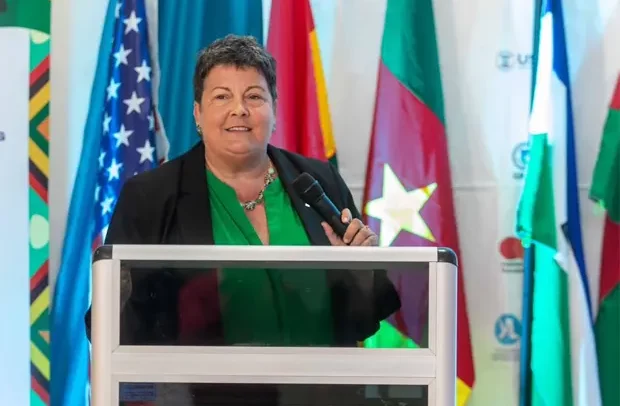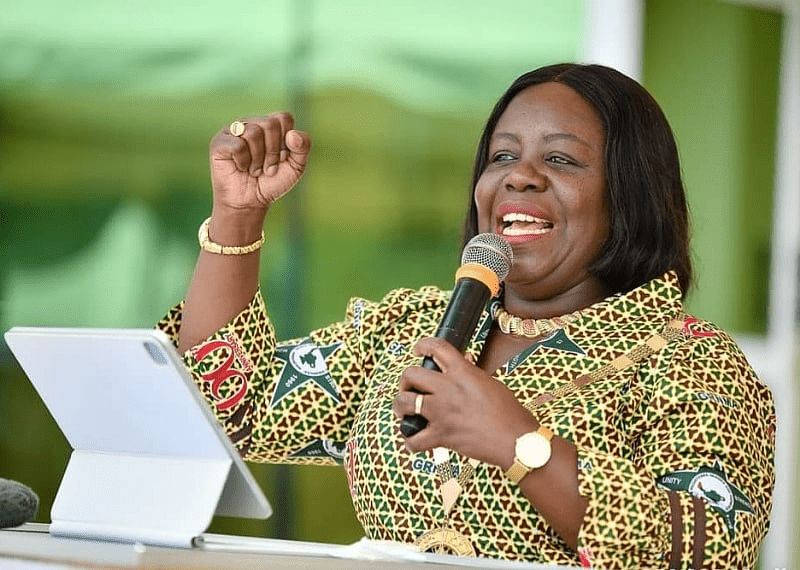
Around 50 countries across the world are heading to the polls this year—or have already done so—including West African countries, Deloitte has said.
In the case of Ghana, which will go to the polls on December 7, 2024, Deloitte said the current state of the economy and citizens’ welfare will factor heavily into how voters evaluate campaign promises and determine the next leader of the nation, an economy heavily dependent on cocoa and gold.
“The election outcome will weigh on policy direction, as well as investor and market sentiment,” the international accounting and auditing firm said in its West Africa economic outlook, August 2024 report.
This comes in the wake of projections that high inflation and exchange rates, currency weakness, and increasing debts will persist in West Africa, especially in Ghana and in Nigeria, for the rest of 2024.
Deloitte notes that West Africa’s macroeconomic environment has remained challenging due to several factors, prominent ones being high inflation, a high interest rate environment, currency weakness, and elevated debt levels.
As a result, Deloitte said, consumers will likely face further declines in purchasing power, and businesses are likely to experience higher operating costs.
Both households and businesses are already implementing belt-tightening measures to survive, it said.
“The resulting effect of these macroeconomic headwinds on productivity and overall aggregate demand is likely to stall the region’s economic growth for the year. In July, the International Monetary Fund (IMF) revised its 2024 growth forecast for Nigeria to 3.1% from its April forecast of 3.3%. The IMF also reduced sub-Saharan Africa’s growth forecast to 3.7% from 3.8% in April due to the downward revision in Nigeria’s growth outlook. Meanwhile, the IMF projects Ghana’s economy will grow 2.8% in 2024 and 4.4% in 2025,” Deloitte said .
In the case of Nigeria, it said the oil-rich country’s economy grew by 2.98% year on year in the first quarter of 2024. Although faster than the corresponding period in 2023, when the economy grew 2.31%, it marked a slowdown from an even faster growth rate of nearly 3.5%, seen in the fourth quarter of 2023.
Major growth drivers in the first quarter of 2024 include the finance and insurance sector, which grew 31.24% year on year, and the water supply, sewage, waste management, and remediation sector, which grew by 6.95%. The oil and gas sector—the country’s economic mainstay—grew by 5.7%, after a year of contraction. The agriculture sector, on the other hand, continued to trudge along with a growth rate of 0.18%.
The sluggish pace of growth is indicative of multiple factors, including reduced spending and investment. Consumer spending has declined significantly due to rising consumer product prices. Investment spending in the country has also dwindled, primarily due to foreign exchange difficulties that have partly contributed to the exit of several multinational corporations.
Ghana, compared to Nigeria, appears to have stronger growth prospects, the report said.
Its economy grew by 4.7% year on year in the first quarter of 2024, driven by rapid 6.8% year-on-year growth in the industrial sector. The agriculture and services sectors grew at a slower pace of 4.1% and 3.3% year on year, respectively. The country is recovering from a debt-induced crisis, following the government’s ongoing restructuring of its US$30 million debt. The implementation of monetary policy measures by the Bank of Ghana has also helped reduce inflation. Ghana has been able to secure approval for two tranches of IMF disbursements so far this year, bringing cumulative disbursements from the IMF to US$1.56 billion since 2023.
The post The economy, citizens’ welfare will be major deciding factors in Ghana’s election – Deloitte first appeared on 3News.
Read Full Story


















Facebook
Twitter
Pinterest
Instagram
Google+
YouTube
LinkedIn
RSS